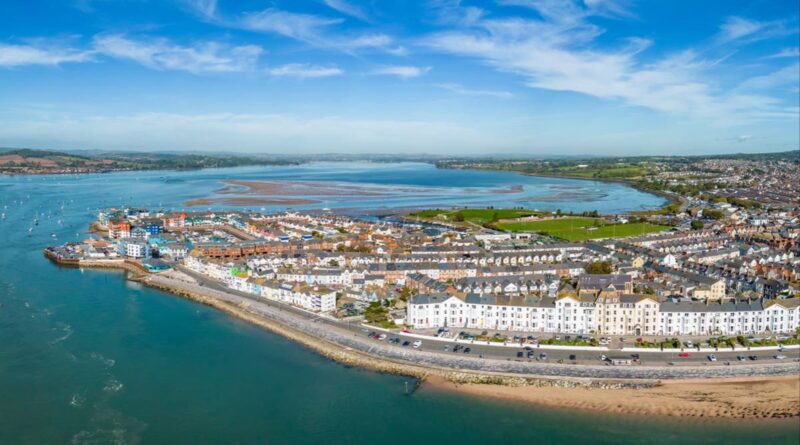‘Do not swim’ warning issued for Exmouth Beach
Support truly
independent journalism
Our mission is to deliver unbiased, fact-based reporting that holds power to account and exposes the truth.
Whether $5 or $50, every contribution counts.
Support us to deliver journalism without an agenda.
An urgent “do not swim” warning has been issued to holidaymakers visiting Exmouth Beach after a sewage pipe burst on Wednesday afternoon (14 August).
The popular tourist hotspot received an influx of beachgoers this week following the hottest recorded day of the year and the start of the summer holidays.
Following the burst, the Environment Agency has advised the public to avoid getting into the sea in the Exmouth area due to the pollution risk.
“Bathing is not advised due to pollution from sewage. Affected bathing water: Exmouth,” warned the organisation.
South West Water confirmed they are working to install a temporary pipe to manage the leak and a red flag has been put up the beach to stop bathers from entering the water.
East Devon District Council also cautioned beachgoers against bathing: “We have been made aware at 1731 this afternoon of a pollution incident on private land next to the Maer Road pumping station in the Exmouth area. Bathing is currently not advised in this area on Exmouth seafront.”
In a statement, South West Water said: “Our teams are working hard to fix a burst sewer on private land next to Maer Lane wastewater treatment works. We are using tankers to transport flows away from the burst location to the treatment works to allow our teams to work on the damaged pipe.
“We will be installing an overland pipe as a temporary solution until a permanent fix can be carried out. To ensure the safety of our teams and road users, we have temporarily closed Maer Lane, and we would like to thank local residents and visitors for their patience.”
Amid a slew of recent sewage spills on the UK coastline, Ofwat proposed £168 million of fines for three of England’s biggest water companies in August.
The water regulator proposed a £104 million penalty for Thames, as well as a £47 million penalty for Yorkshire Water and £17 million for Northumbrian Water, as the first batch of results from its biggest-ever investigation into the industry.
The penalties relate to water firms’ management of their wastewater treatment and sewer systems, which have come under heavy criticism for releasing too much pollution into rivers.
For more travel news and advice, listen to Simon Calder’s podcast




